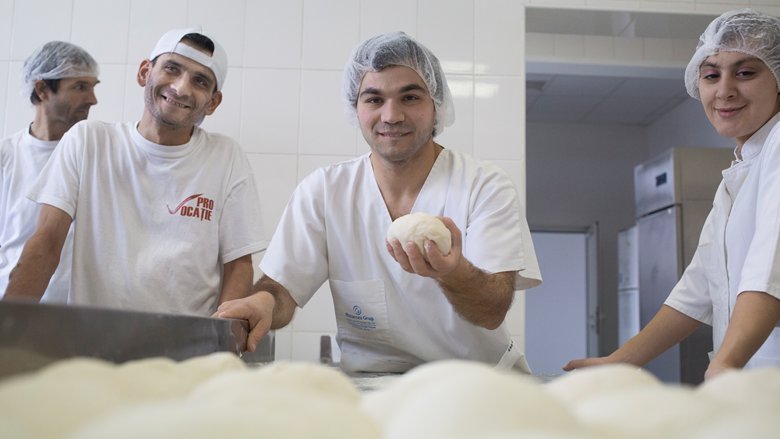Approximately 1 out of every 20 people in Romania holds a disability certificate as of June 2023—totaling nearly 900,000 individuals, of which roughly 77,000 are children. Persons with disabilities in Romania are more likely to be women and to have lower levels of education. While a little over 16,000 adults with disabilities still live in social care residential centers under the social protection system, there is an unknown number of people admitted to other facilities like psychiatry wards and hospitals for extended periods of time.
The fundamental right to social and economic inclusion of persons with disabilities is yet to be fully realized in Romania. Romanians with disabilities are often socially ostracized and less materially well-off, encounter barriers in accessing their physical environment, and face exclusion from employment opportunities and the health system.
Romania is slowly making efforts to improve disability inclusion, with progress visible already in some areas as part of the country’s efforts targeted at implementing the United Nations Convention on the Rights of Persons with Disabilities (CRPD) that was ratified in 2010.
Since 2019, the World Bank has been actively supporting Romania on strengthening its social protection system to better assist and include persons with disabilities. Under several engagements with the Government of Romania, the World Bank has contributed to the development of overarching strategic frameworks to support the implementation and monitoring of the CRPD, and provided technical assistance to support reforms enabling the modernization of the process under which disabilities are assessed, as well as facilitating deinstitutionalization and independent living.
